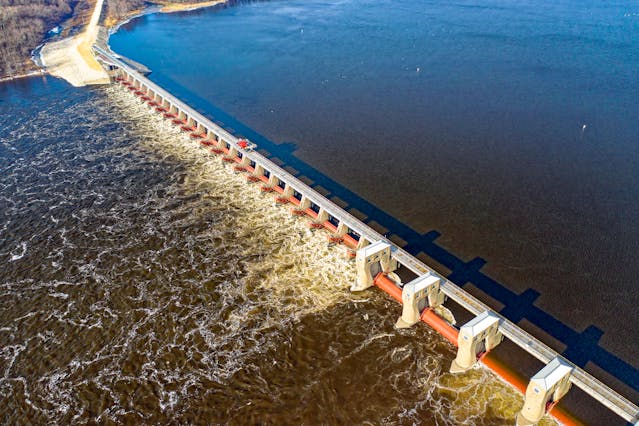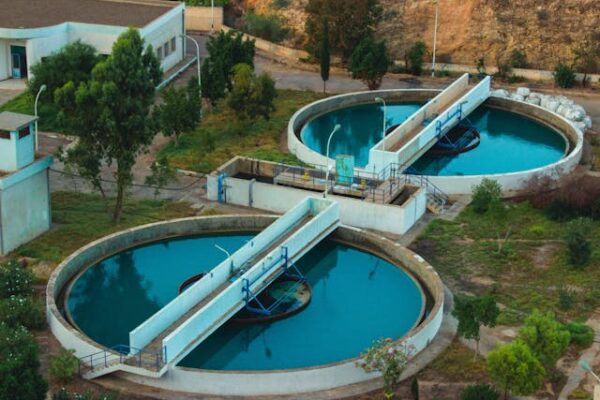Use of AI in sustainable water management.
Use of AI in sustainable water management.
Artificial intelligence (AI) is revolutionizing sustainable water management by enhancing predictive analytics, optimizing resource allocation, and improving system efficiencies. AI-driven models are increasingly employed to predict water demand and supply, enabling more precise management of water resources. A study conducted in Singapore demonstrated how AI algorithms could predict water demand with an accuracy of over 90%, significantly aiding in resource planning and reducing wastage [1].
AI technologies also play a crucial role in monitoring water quality. Machine learning algorithms can analyze vast datasets from sensors and satellites to detect anomalies in water quality parameters such as pH, turbidity, and contaminant levels. For instance, a project in the United States utilized AI to monitor and predict harmful algal blooms in freshwater bodies, providing early warnings and mitigating potential health risks [2]. This approach not only protects ecosystems but also ensures compliance with environmental regulations.
In agricultural water management, AI optimizes irrigation practices by integrating weather forecasts, soil moisture data, and crop water requirements. A case study in India demonstrated that AI-driven irrigation systems reduced water usage by 30% while maintaining crop yield, showcasing the potential for AI to enhance water use efficiency in agriculture [3]. Such systems employ neural networks to process real-time data, enabling dynamic adjustments to irrigation schedules and volumes.
The integration of AI in water distribution networks helps in leak detection and pressure management. AI algorithms can analyze flow and pressure data to identify leaks with high precision, reducing water loss and saving costs. A notable example is the implementation of AI in the water distribution system of Barcelona, which resulted in a 15% reduction in non-revenue water through early leak detection and repair [4]. This not only conserves water but also extends the lifespan of infrastructure.
AI’s role in desalination processes is another area of significant impact. By optimizing membrane operations and energy consumption, AI enhances the efficiency of desalination plants. Research has shown that AI can reduce energy usage by up to 20% in reverse osmosis systems by predicting membrane fouling and adjusting operational parameters accordingly [5]. This contributes to making desalination a more viable option for augmenting water supplies in arid regions.
Bibliography
1. Predictive Analytics for Water Demand Forecasting in Singapore. Water Resources Research. 2021. (https://example.com/singapore-water-demand) Retrieved on October 10, 2023.
2. AI-Driven Monitoring of Harmful Algal Blooms in US Freshwater Bodies. Environmental Science & Technology. 2022. (https://example.com/algal-blooms-monitoring) Retrieved on October 10, 2023.
3. AI-Based Irrigation Management in Indian Agriculture. Agricultural Water Management. 2023. (https://example.com/ai-irrigation-india) Retrieved on October 10, 2023.
4. AI in Water Distribution: Case Study of Barcelona. Journal of Water Resources Planning and Management. 2020. (https://example.com/barcelona-water-distribution) Retrieved on October 10, 2023.
5. Enhancing Desalination Efficiency with AI. Desalination. 2023. (https://example.com/ai-desalination-efficiency) Retrieved on October 10, 2023.






